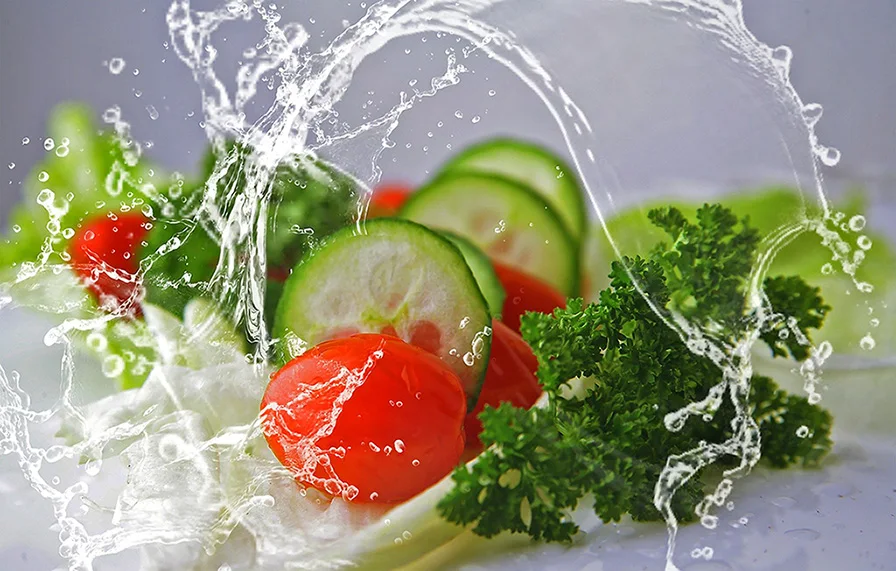There’s a common misconception that biohackers are always implanting experimental chips into their body or hooking themselves up to futuristic machines.
Whilst there is certainly a technological element, for many biohackers, it’s simply about making small changes in lifestyle and diet to improve your body's performance!
Biohacking is essentially ‘tricking’ your brain and body into being the best version of itself.
There are plenty of reasons to biohack, with more and more applications becoming available every single day.
Let’s take a look at a couple of biohacking examples that we’ve found.
Microdosing MDMA:
This is not endorsed by us and is simply a part of the list to analyse the medical benefits of microdosing as a form of biohacking.
MDMA is a common party drug - molly, mandy, ecstasy, you know the one. But did you know that it was originally developed as an antidepressant?
There are studies of people who microdose with MDMA to boost their mood, all of which seem to show positive results!
When ingested, MDMA causes your brain to produce serotonin and dopamine: happiness chemicals.
Microdosing means that the user takes a very small amount at regular intervals – not enough to trigger an immediate euphoric response, but enough to ‘train’ the brain into producing more serotonin.
It’s actually poised to be a very effective way of treating depression and anxiety.
Keto can reduce seizures:
One of the most astounding benefits of a keto diet is the fact that it can help to reduce seizures in epileptic children!
Keto diets are rich in fat whilst restricting calorie intake; a combination that can induce ‘ketosis’ in individuals.
Ketosis is a state of metabolism that forces the body to burn stored fats instead of glucose for energy, a process that leads to the creation of ketones (acids) within the body.
Whilst it’s not really understood exactly WHY the keto diet helps children who suffer from seizures, it’s widely thought that the diet can help to alter genes and stabilise the neurons responsible for epileptic fits.
I guess it doesn’t matter HOW it works - the point is that it does!
Helps with Acne
This might be one of the reasons that many younger people choose to attempt a ketogenic diet!
Acne is formed when either bacteria or ‘sebum’, an oil produced by the glands found in your skin, becomes trapped within your hair follicles. Your body will attack the blockage as if it were an infection, creating the sore inflamed spots representative of acne.
Keto diets can dramatically reduce your insulin levels, which will, in turn, reduce the production rate of skin cells and sebum! Keto can also have strong anti-inflammatory effects, further reducing the visible effects of acne.
Overall, a ketogenic diet can really help to keep your skin in fantastic condition, reducing the likelihood of spots and making you much more comfortable in day-to-day life.
Keto Flu can be avoided
Keto flu: the dreaded ‘illness’ associated with the life-changing keto diet. Sure, it only lasts for a short while as your body adjusts to your new eating habits, but it can still be extremely off-putting, especially to new dieters who are already sceptical of the many keto benefits.
The illness is caused when your body begins to transition from burning glucose to burning stored fats; this will also reduce the production of insulin, leaving the dieter feeling tired, cold and, generally unwell.
This combined with the loss of salt and water can create very flu-like symptoms - hence the name Keto flu.
The good news is that there are ways for dedicated dieters to reduce (or eradicate) the symptoms of keto flu, allowing them to focus solely on the advantages.
If you’d like to read more about how to prevent keto flu, we’ve got a great article about it at BioHackers Lab.
You can easily check whether you’re in ketosis
Ketogenic diets induce the metabolic state of ketosis, wherein your body burns fats instead of sugars - this is the state that most people wish to achieve.
Most people rely on their body that ‘tells’ to determine whether they’re in ketosis - these, however, can often be influenced by external events, making it difficult to judge whether someone is (indefinitely) in ketosis.
The good news is that it’s incredibly easy to tell for certain whether you’re currently in ketosis or not, all you’ll need is a urine sample!
The testing sticks you’ll need can be bought online or at most pharmacies and they should last you for a while. Alternatively, look out for these ‘classic’ symptoms:
Weight loss
Loss of appetite
Increased focus and energy


No comments
Post a Comment
I love to hear from everyone so thanks for taking the time to comment. Please note comments containing links will NOT be published.
Cheers
Jan